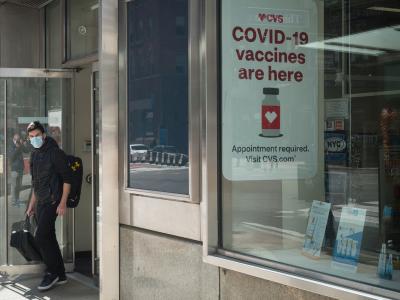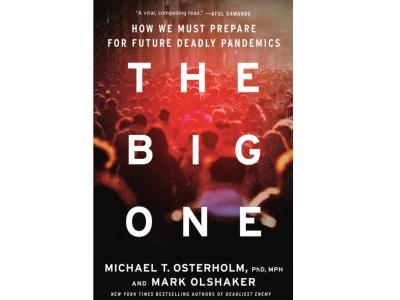The head of the World Health Organization (WHO) has asked its Zika virus emergency committee to weigh whether the Summer Olympics in Rio de Janeiro should be held according to schedule, based on continued concerns about the threat of the virus to athletes and visitors.
In scientific developments, researchers found more evidence of Zika virus's ability to infect neural progenitor cells, where it has the capacity to evade detection and replicate for weeks, while another team found early clues about how the body defends itself against the virus.
Another look at Olympics risks
Though the WHO on May 28 issued a statement rejecting a call to move or postpone the Olympics, Director-General Margaret Chan, MD, MPH, signaled in a Jun 1 letter to Sen Jeanne Shaheen, D-N.H., that she would have the Zika emergency committee examine the issue, the Associated Press (AP) reported on Jun 4.
The Olympics are set to take place during the Southern Hemisphere's winter season, when Aedes mosquito populations are low. The WHO has said that Brazil is 1 of 60 countries to report ongoing Zika transmission and that travel and trade should continue for a variety of reasons.
The agency has urged people to follow public health advice, which urges pregnant women not to travel to Zika-hit areas. But it has said current assessments show no public health justification for postponing or cancelling the Games, though it would continue to monitor the situation and update its advice as needed.
Shaheen on May 17 wrote to Chan, raising concerns about the threat to travelers and the risk of infected travelers introducing local mosquito populations to Zika virus once they return to their home countries. She pointed out that the WHO characterized the Zika outbreak as an "extraordinary event" and a public health threat, but she said the group hadn't made any known statements about the safety of holding the Games in Brazil in August.
In her letter, Shaheen cited concerns aired by Amir Attaran, PhD, that holding the Olympics in Brazil might amplify the spread of the disease. Attaran, associate professor of law and population health at the University of Ottawa, laid out his concerns in the Harvard Public Health Review and is part of a group of more than 200 scientists, clinicians, health policy experts, and bioethics and legal experts who recently wrote an open letter to Chan asking the WHO to reconsider its advice on the 2016 Games.
Chan said in her letter to Shaheen that the WHO has sent its senior epidemiologists to Brazil four times to assess the situation directly and to assess the risk to athletes and spectators, with the most recent visit during the first half of May. She added, however, that, because of international concerns, she asked the emergency committee to examine the risks of holding the Summer Olympics as scheduled and noted that the group will meet shortly.
She said she appreciated Shaheen's concerns, adding that the emergency committee's advice will be made publicly available as soon as it is available.
Scientific developments
- Cell-culture experiments with the Zika virus strain linked to the outbreak in the Americas determined that the virus can directly infect neural progenitor cells that develop into neurons in fetuses, according to researchers from the University of Texas Southwestern Medical Center who published their findings Jun 3 in Cell Reports. Investigators found that the virus infects about 20% of cells on average, evades immune detection, and can replicate for weeks.
- A body protein called interferon-induced protein 3 (IFITM3) can curb the ability of Zika virus from infecting human and mouse cells and may also prevent the virus from killing cells, researchers from the University of Massachusetts Medical School reported in the same edition of Cell Reports. In a press release, the researchers said the experiments provide a first look at how cells defend against Zika virus, adding that the results suggest a weakness that could be used to prevent or stop infections.
See also:
Jun 4 AP story
May 31 CIDRAP News story "WHO cites Zika funding gap, rejects call to move Olympics"
Jun 3 Shaheen statement with link to Chan letter
Jun 3 UT Southwestern Medical Center press release






















